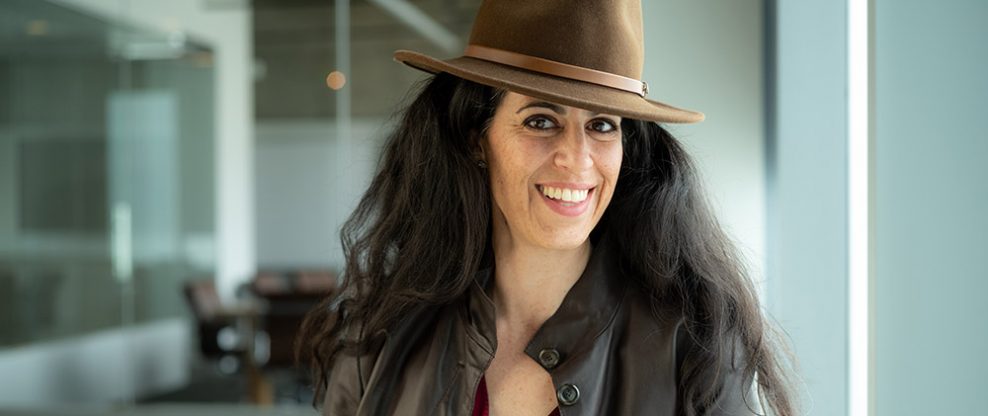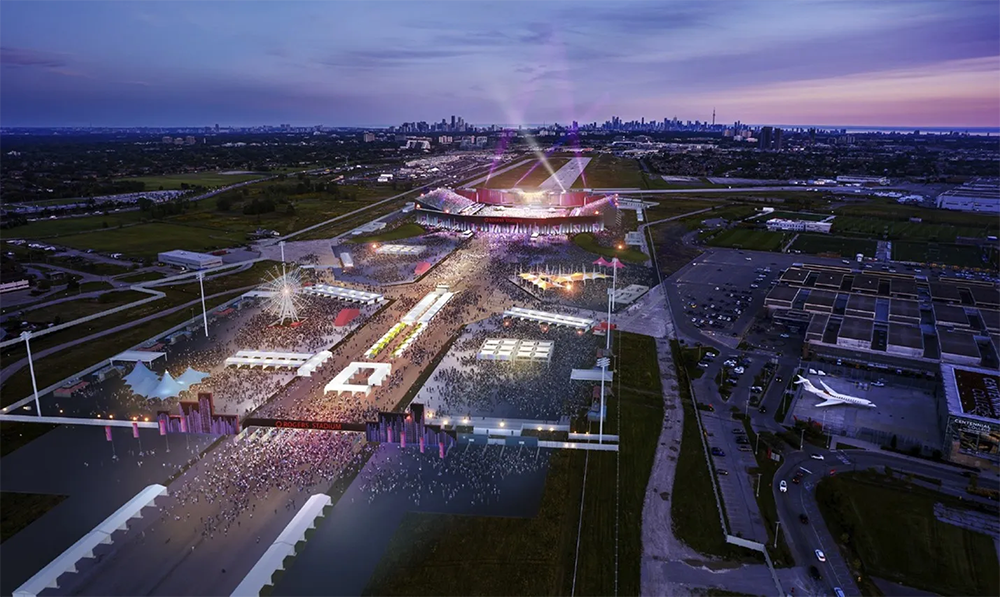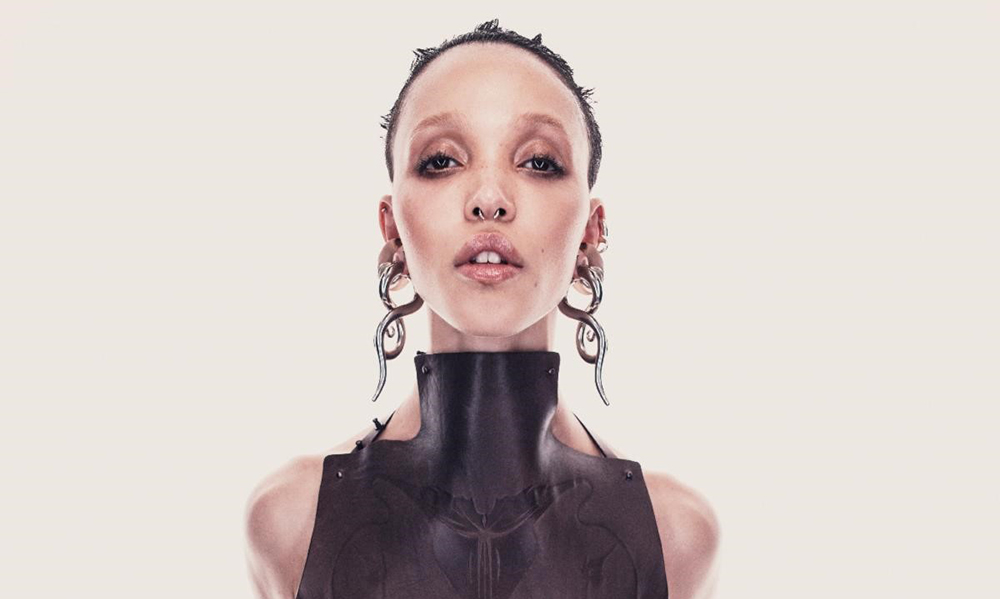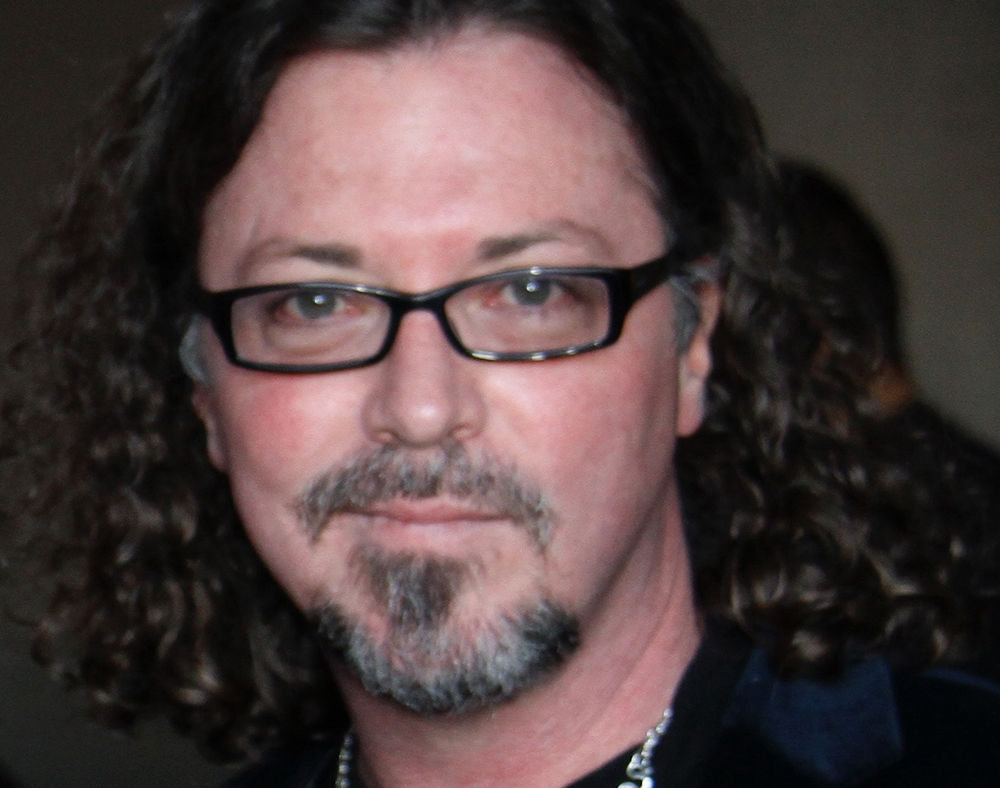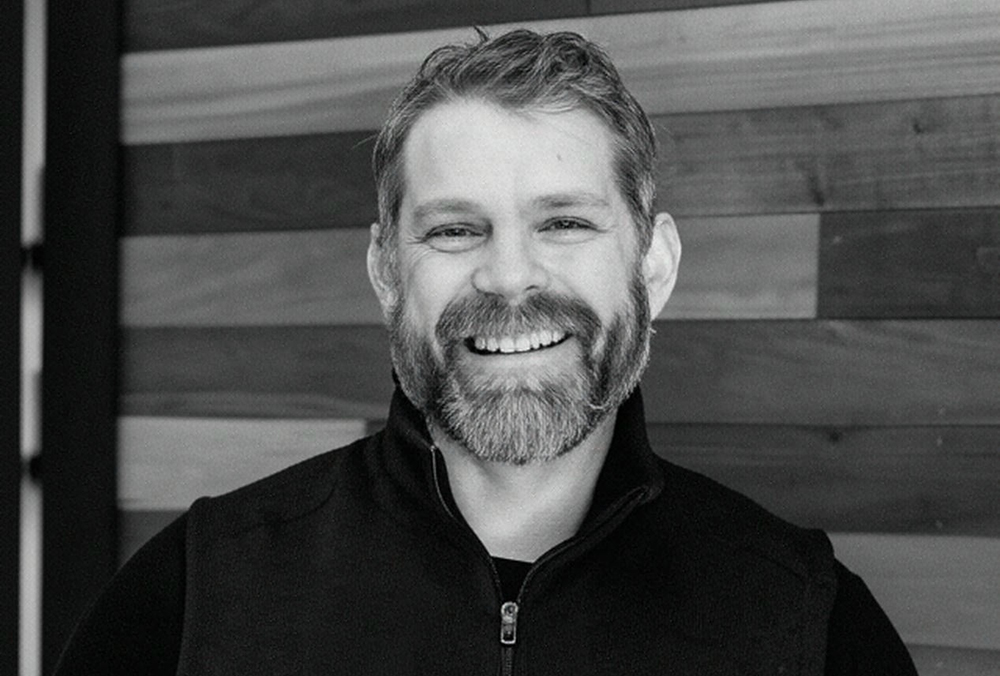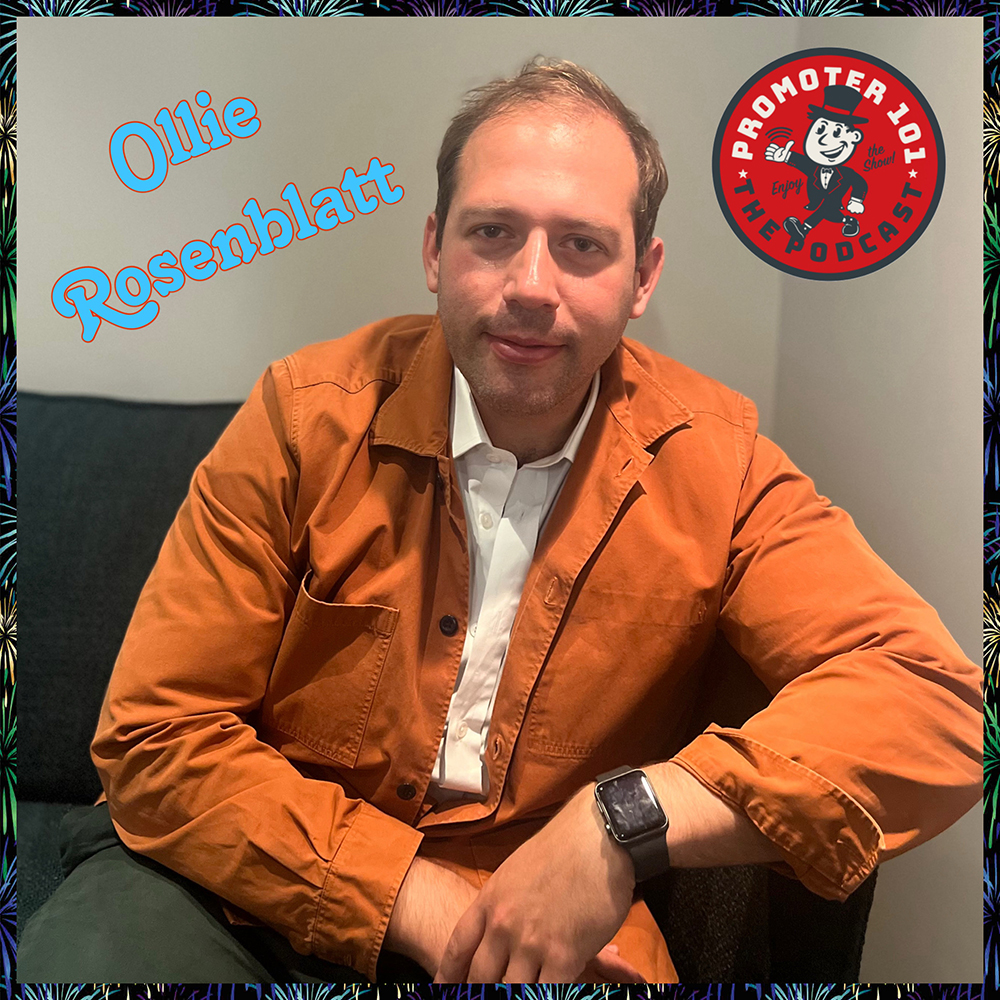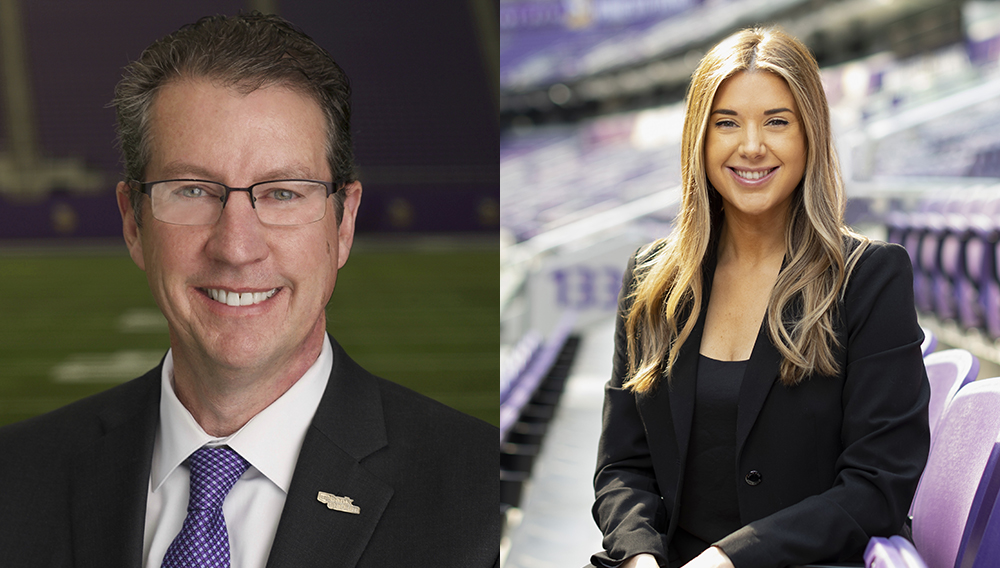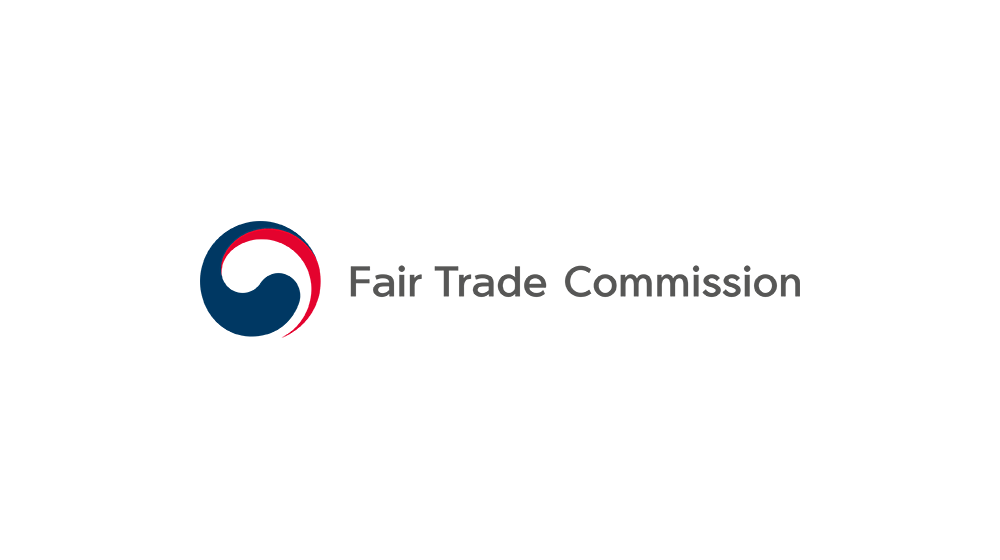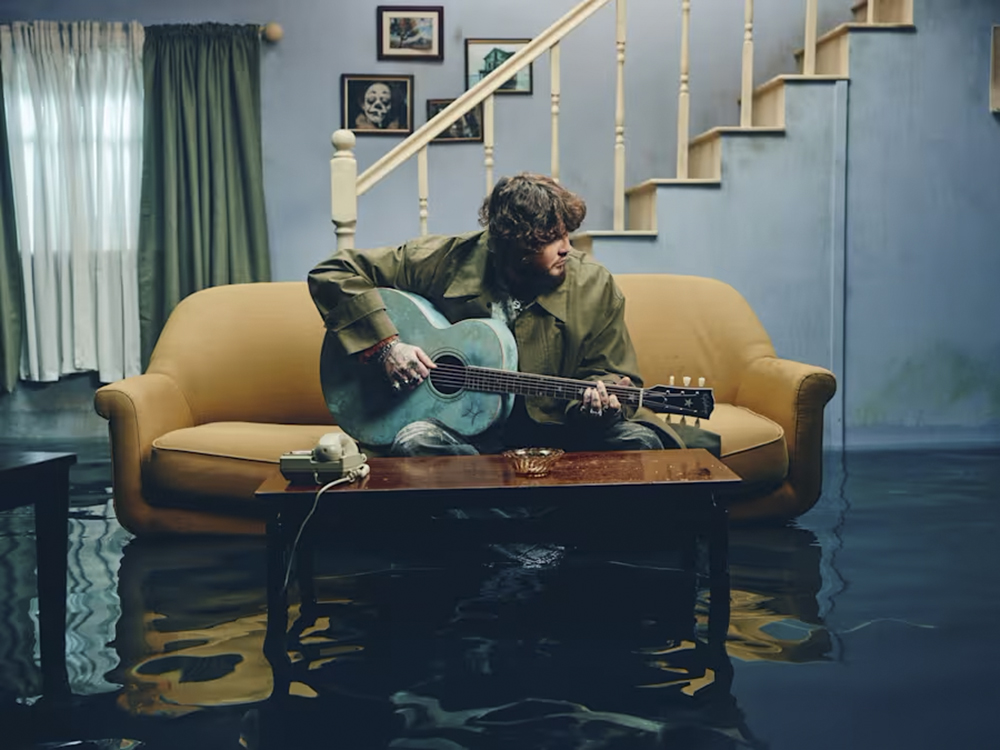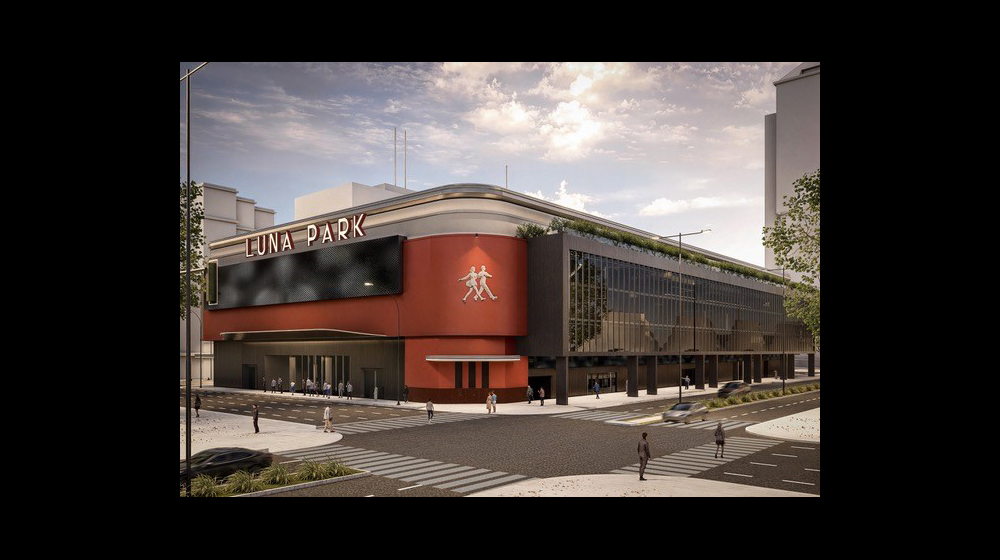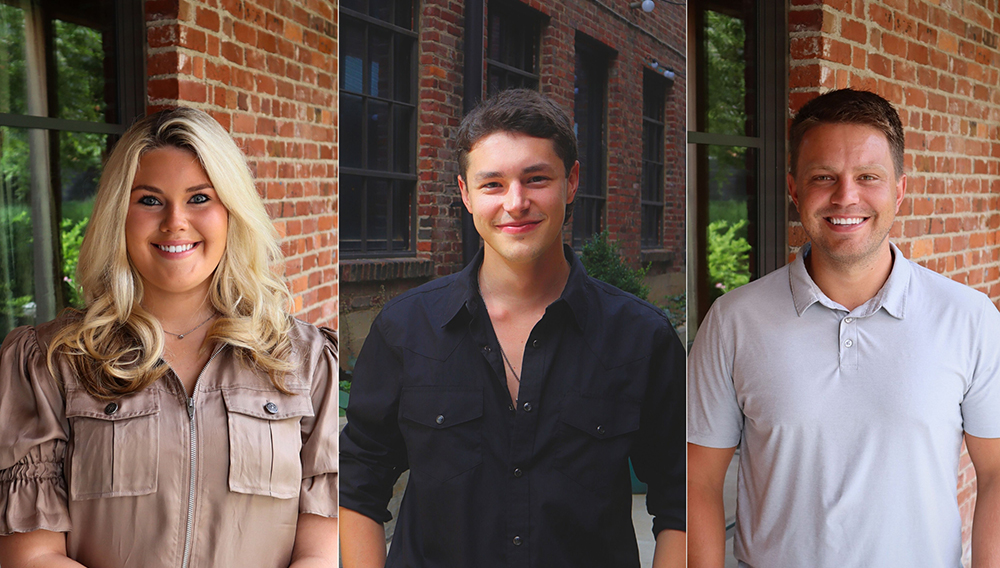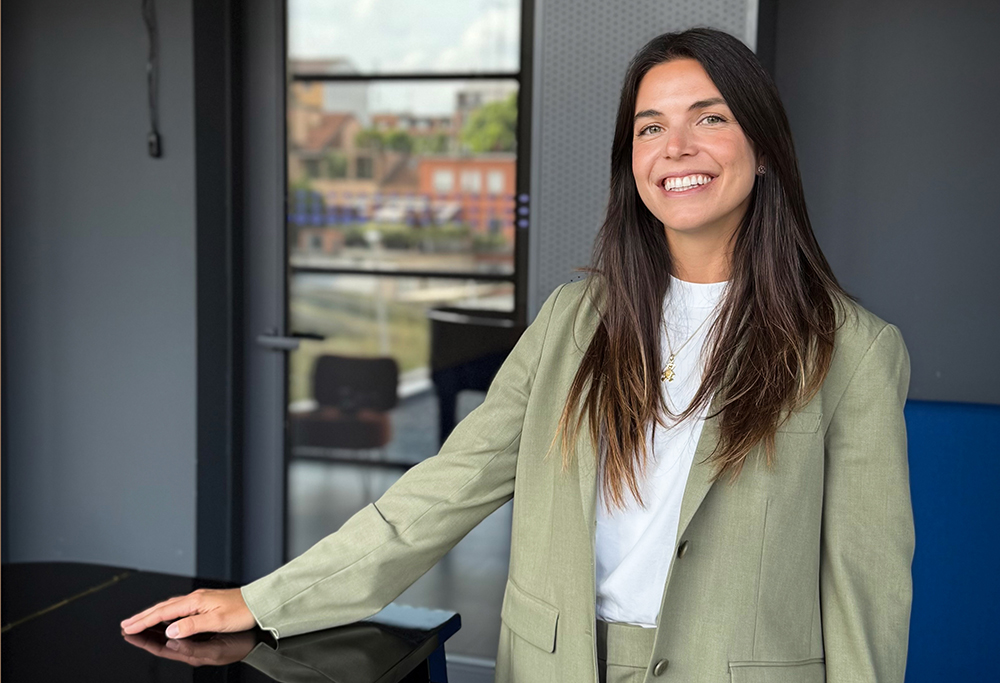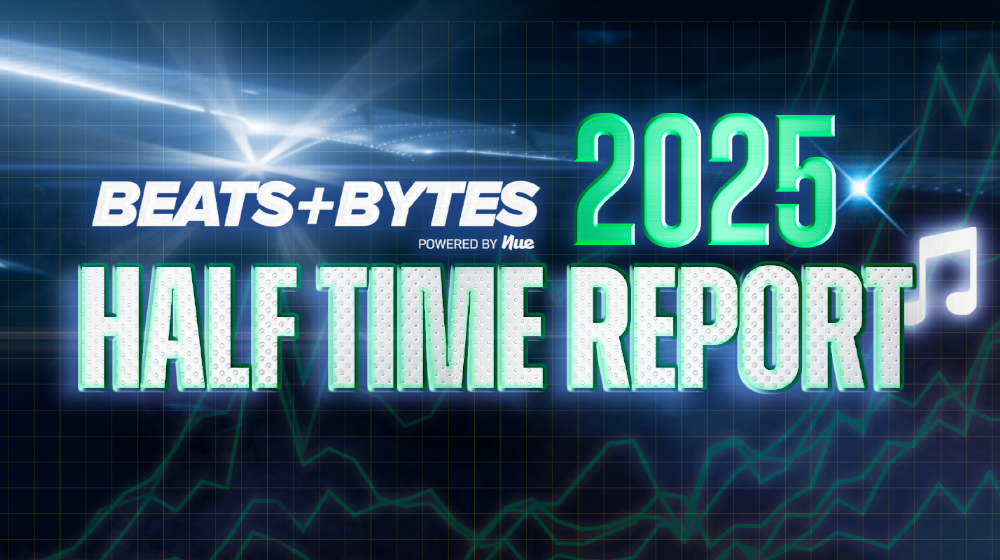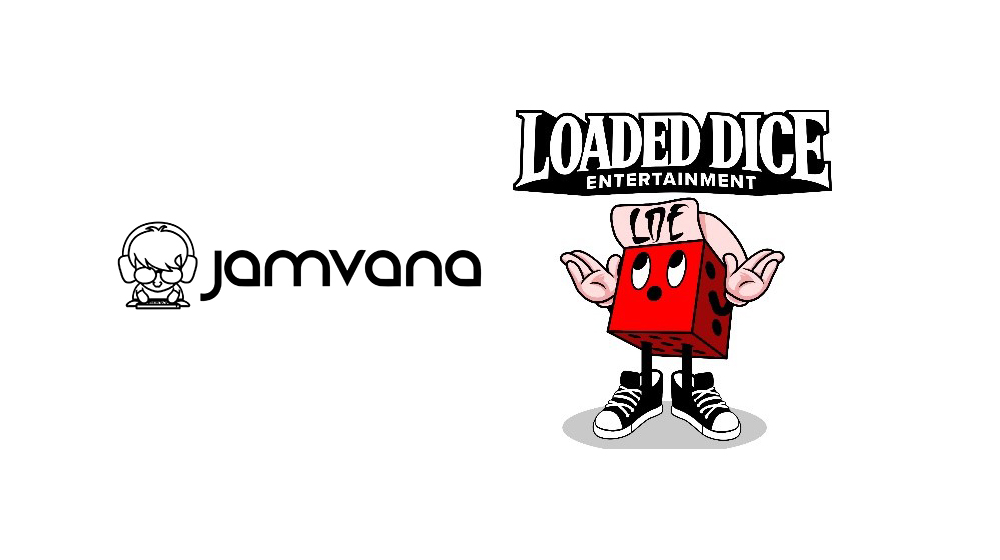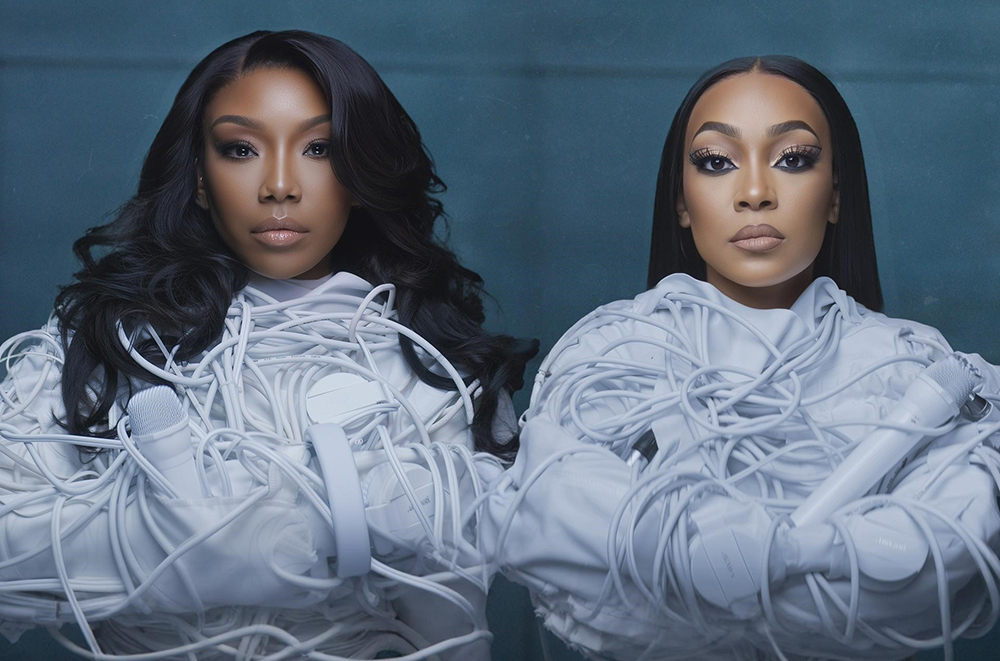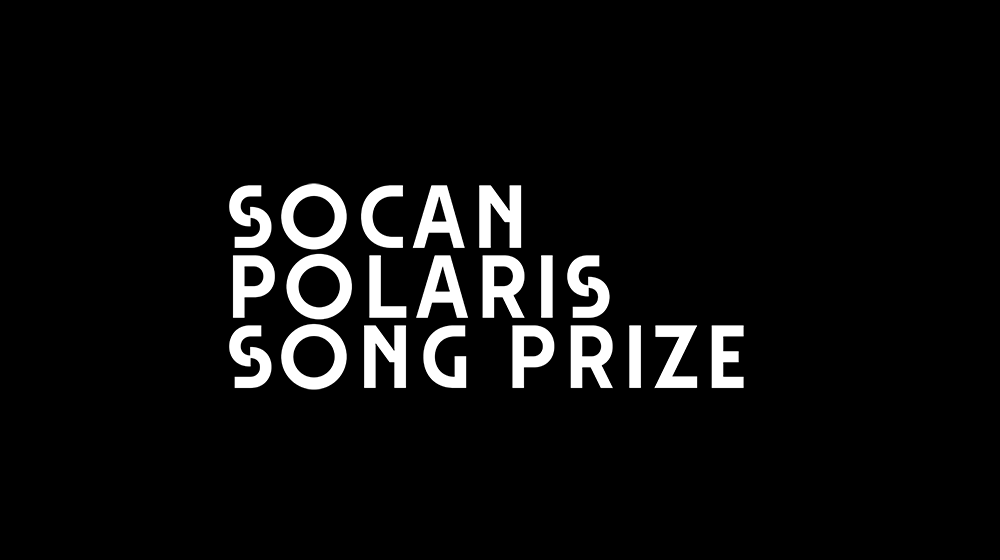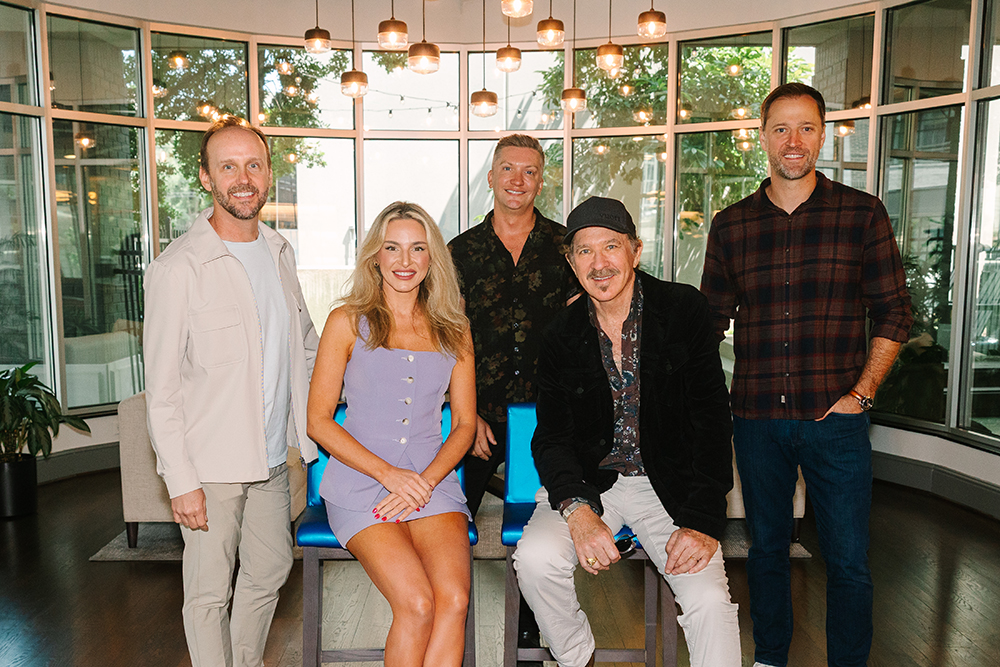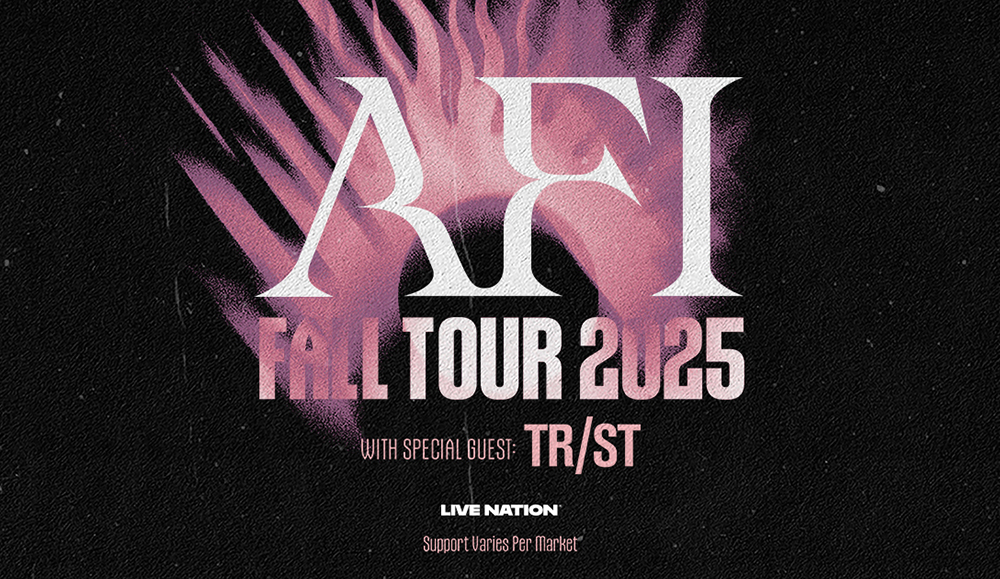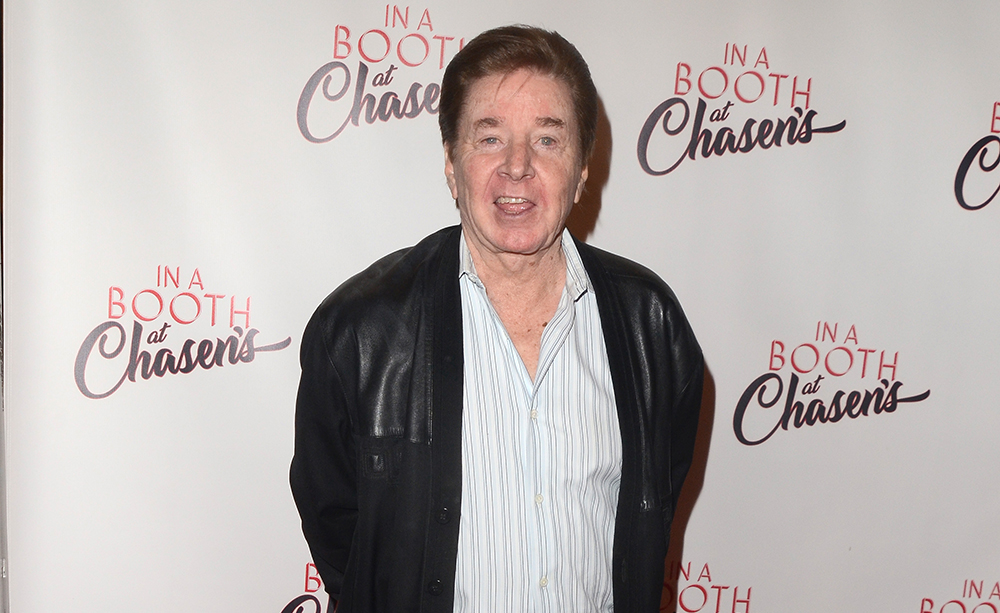(CelebrityAccess) — Now in its second year, the All Access Fest is the only free career fair for youth devoted to creating a path for the next generation of music industry professionals.
The fair, which is open to young people between the ages of 16 to 22, is held in cities around the U.S. in October with a focus on underserved communities. Host cities for this year’s All Access Festival events include Chicago, Las Vegas, Los Angeles, Orlando, and New Orleans, with a new event added for Orlando in 2019.
The fests include panel discussions with industry pros, hands-on practical labs staged at venues such as the Wiltern in Los Angeles and the Fillmore in New Orleans.
The festivals are organized by the House of Blues Music Forward Foundation, which seeks to kick-start the careers of the next generation of music industry professionals through workshops and showcases.
This year, Music Forward announced its first slate of Music Ambassadors that for 2019 include Benny Blanco, Sofia Carson, Lauren Daigle, Chris Janson, Khalid, Martina McBride, Julia Michaels, Carlos Santana, and Umphrey’s McGee.
Panels for this year’s All Access Festivals include Women Forward, a look at gender equality and the role of women in today’s music industry, Technology and Music Creation which examines the increasingly important nexus of technology and music; and The Working Musician’s Experience, which takes a close look at the nuts and bolts of life as a professional musician.
The organization is led by Executive Director Nurit Siegel Smith. A graduate of UC Berkeley with a degree in dance and theatre, Smith has gone on to develop an impressive resume that includes senior roles in both the performing arts world and the nonprofit sector.
Her C.V. includes a three-year stint as deputy director of Grand Performances in Los Angeles and more than a decade at the SAG-AFTRA Foundation, with titles that included Director of Education and Director of Institutional Advancement and Strategic Partnerships.
Nurit took a few minutes from her busy schedule to sit down to talk to CelebrityAccess about the All Access Festival.
You’ve been with the foundation for about a year and a half now – you started March last year.
Exactly, a year point five or so, yeah.
I was looking at your resume and it seems like this job is almost tailor-made for you, can you talk about how you came to land at the foundation?
You know, as a creative, — I came from the world of theater and live performance, first as a dancer, and then as a theater practitioner and performing artist — you’re always carving your path. I don’t know if twenty years ago if I would have said that I want to run a national non-profit, but when I look back it does feel quite linear even though [at the time] I was just doing things that resonated with me.
And you know, the work I did at the Screen Actors Guild Foundation and understanding the generative nature businesses and the levers and triggers that drive nonprofits, really sunk me deep into that social sector. And then springboarding from my time at Grand Performances, which is a free summer concert series that brings in 30,000 Angelinos each summer to downtown LA., it positioned me inside the music industry.
Now granted, this was more focused on the arts side but it helped me in a sense to find that pathway directly to the Music Forward Foundation. And really looking at my work, it has sort of been at that intersection of performance, education, and philanthropy and this job is a great amalgamation of all of that.
You studied dance?
Modern dance, with little contemporary twists. I studied Martha Graham and the Graham technique intently in University.
Did you know anybody at Live Nation previously or was Music Forward an opportunity that came up out of the blue?
It was an opportunity that came up and I remember one of the first interview questions with a board member was ‘What makes you awesome?’ and that’s when I thought I could get really excited about this role.
This is the second year for the Music Forward All Access. Can you talk about the genesis of the program?
If you look at the [program’s] history, evolving from the International House of Blues Foundation 5 years ago and into the Music Forward Foundation, we realized it’s not just a bridge for community into a venue but could be really significant bridge for the community into the industry and create access and opportunity for young people to start charting their own stories, using music as a conduit.
All Access was a program that we developed to create that space for young people and the industry to connect and to start mapping themselves into the industry. We realized we were able to touch a class here and a class there but what if we created something with more depth and breadth so that we’re able reach not just 25 kids but 200 kids or 500 kids with a festival-like experience.
We launched last year in four of our sort of anchor cities and as you know, with any inaugural event, you learn from it, so we’re really excited about incorporating some of that learning for this year’s event.
As you know, there are challenges around the educational system in the United States, and something like 30% of high school graduates do not go on to college and about 11.7 or percent or 1.2 million of 16 to 24 year-olds are ‘disconnected’ meaning that they aren’t in school and not in work. So you’ve got this perfect storm and knowing that the music and live entertainment industry is a growing business and that you don’t need a master’s degree to be working in the industry is important.
So we’re trying to build that pipeline right into the industry and All Access is a way that we can create a space for that to happen.
One thing that jumped out at me about the All Access Festival was that it is open to young people between the ages of 16-22, an age where people may have already finished college and are trying to create a career.
Right 22 is the age if you’ve gone to a 4-year college. We had a career counselor at a fairly well-known university here in Los Angeles that came to see us last year to see if it was an appropriate space to bring all of her young people. Kids are graduating college still not knowing what they want to do and now in debt because they spent four years in a private university and she realized that it was an amazing place for young people to spark an awareness of a potential direction and path they want to go.
So we not only have [industry professionals] talking about what they do, but how they got there, so they [the kids] are starting to see pathways into a possible career, or apprenticeship in the music industry.
Do you do any kind of outreach for younger kids under the age of 16 outside of the All Access program?
Yes. We reach out to young people at the middle school, high school, and university level, from 12 to 22, and we scaffold the information so the conversations, the field trips to venues, will be different than what is presented to university students.
There is an impressive array of panels at All Access this year. How do you curate the program?
Last year, [panelists} at each city were able to sort of lean into the panels they wanted to do but this year we’re trying to do the same panels at each event across the country. This year, we’re driving deep into what we feel are pulse-points in the industry. We do panels like this with young people regularly throughout the year, so we were able to catch some of the conversations we’ve had throughout the year that really resonated and showcase these issues with key panelists.
There’s also an impressive array of industry folks participating in the program.
We’re making sure that we’re responsive to what is happening in each city, and so we’ve got radio personalities in New Orleans, we have local partners with the recording academy, and of course, family and friends from Live Nation, House of Blues, Ticketmaster and some of the local indie labels that are around each city, so the young people are not only connecting with industry professionals that came in to know share knowledge and insight for national engagement but give local flare.
It’s a great networking opportunity for aspiring industry pros.
Bingo, I think you just hit the nail on the head with that word and I think that’s really critical and we actually test for that and the steps for that and because we think that it is such a critical skill set for young people to pick up if they stay in the music industry or not but with the advent of screens and technology, young people are rarely out there shaking hands, looking people in the eye, asking questions and pitching themselves, so that’s all part of the curriculum.
What the heck are experiential zones?
It goes back to the idea that people learn in different ways and that the university might not be the direct path for graduating high schoolers into the industry. We wanted to get their hands onto the intersection of music and tech. There’s a VR installation, there’s DJ setups, there’s lighting cues and effects, and how to build a concert with Ticketmaster.
Oftentimes, when you go to panel discussions, it’s a very passive experience where you’re sitting and listening. I can attest to the fact that our young people are very engaged and hungry for this information so that even in that passive experience they are connected. But we also realize that interacting with products and having this interactive experience for young people just brings it to life and keeps them engaged, not only throughout All Access but will help them connect with opportunities and trigger excitement.
For more information about the Music Forward Foundation and its All Access Festivals, check them out here. The next All Access Festival is scheduled to take place on Oct. 8th in New Orleans.

